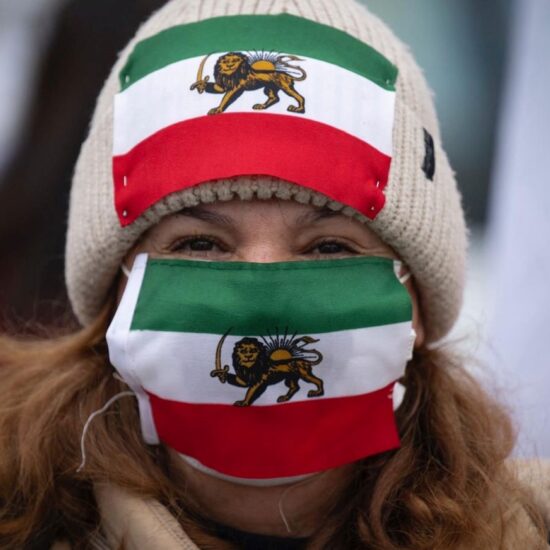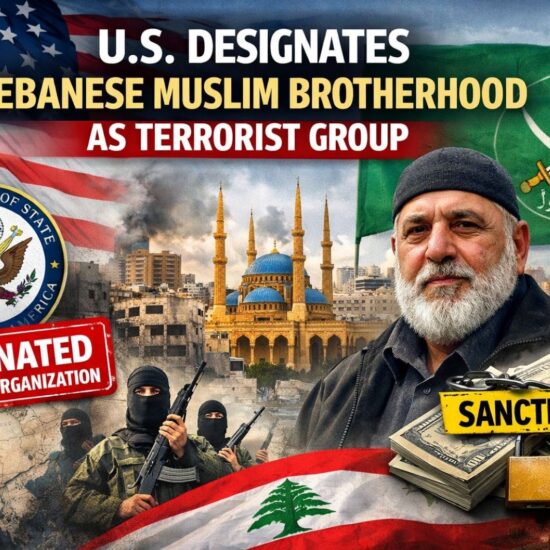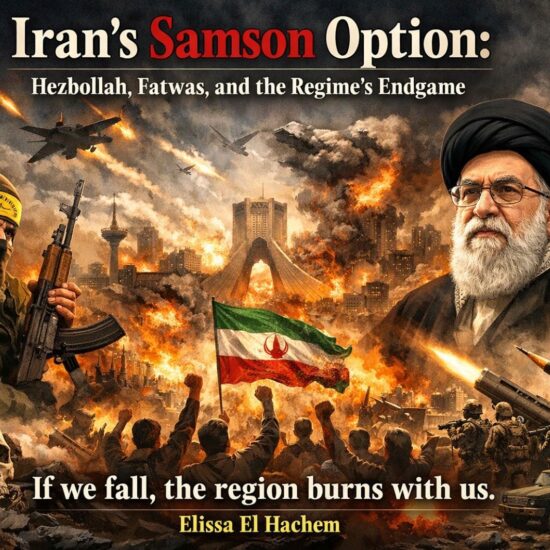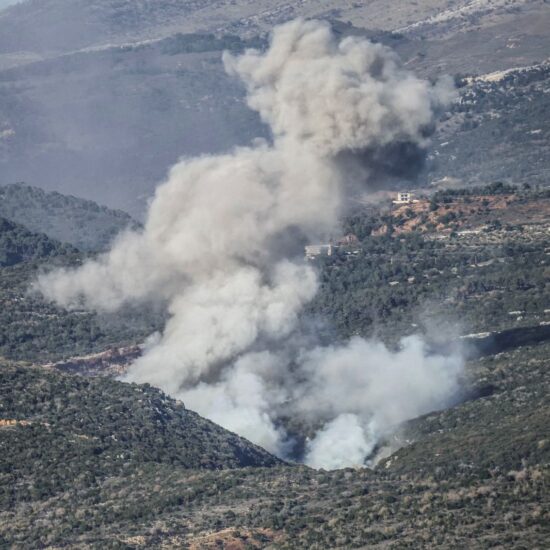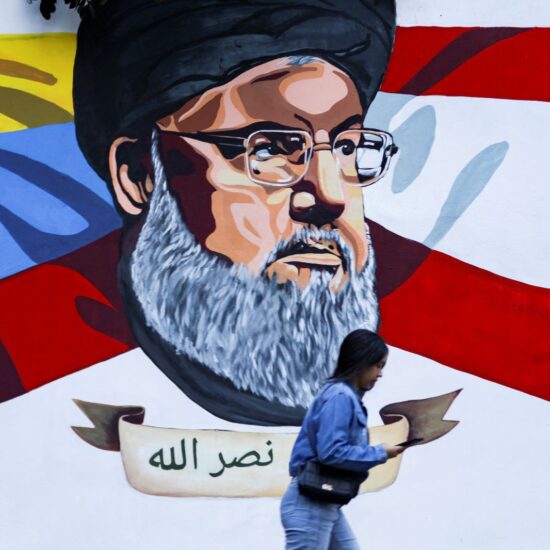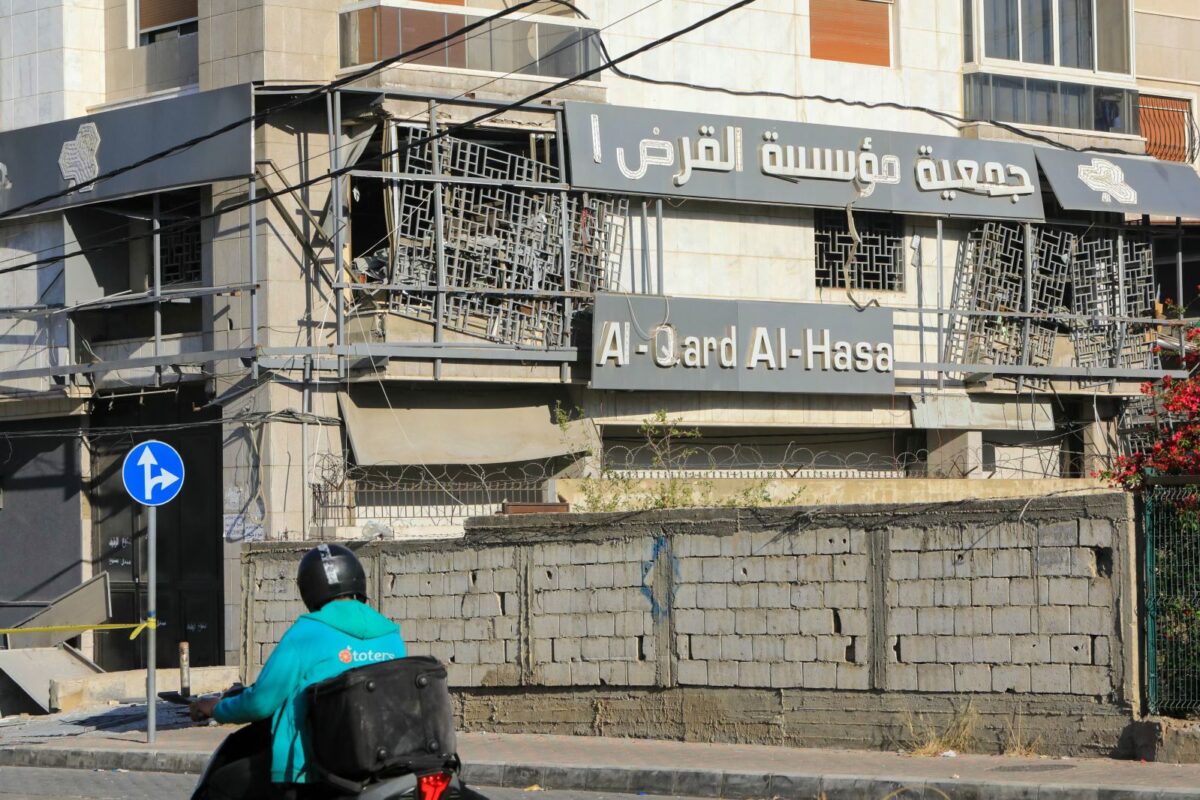
Lebanon’s government is facing renewed international attention over its financial and security measures, as a joint US Treasury and National Security Council delegation recently met with Prime Minister Nawaf Salam in Beirut. The discussions focused on curbing money laundering, limiting Hezbollah’s access to funding, and expanding the Lebanese army’s presence in the country’s south.
Salam stressed that his administration remains committed to institutional reforms and improving transparency in the financial sector. He highlighted steps already taken, including the dismantling of missile platforms, the closure of tunnels, and the seizure of ammunition, all part of a broader effort to consolidate state authority and reinforce security. Enhancing control over ports, airports, and licensed exchange offices was also a priority on the agenda.
US officials have urged Lebanon to accelerate these measures. According to a Lebanese source, the delegation called for concrete action to address illicit financial networks, including Al-Qard Al-Hassan, a firm linked to Hezbollah and sanctioned by Washington. The Treasury Department has reported that Iran has transferred over $1 billion to Hezbollah since January 2025, mostly through money exchange companies, intensifying the urgency of these discussions.
The meeting comes in the aftermath of last year’s war between Israel and Hezbollah, which ended with a ceasefire in November 2024 but left Lebanon facing ongoing security challenges. Israeli strikes, primarily targeting southern Lebanon, have continued despite the truce, resulting in over 300 deaths and prompting calls from President Joseph Aoun to place pressure on Israel to halt these continuous attacks. Israeli forces also maintain a presence at five strategic hilltop positions, complicating efforts to fully implement the ceasefire.
While US officials emphasized the potential for Lebanon to achieve greater stability and economic resilience, they also indicated that additional sanctions could follow if progress on disarming Hezbollah and limiting Iran’s financial influence does not meet expectations. In recent months, Washington has sanctioned several Hezbollah members accused of transferring tens of millions of dollars from Iran through cash-heavy exchange businesses.
Aoun told the US officials on Sunday, “Lebanon strictly applies the measures adopted to prevent money laundering, smuggling, or its use in financing terrorism.”
Salam conveyed that the Lebanese government is working within its means to meet international standards and reaffirmed its commitment to the disarmament of Hezbollah, citing “significant progress” despite ongoing regional tensions.
Lebanon has struggled to shake off the Financial Action Task Force’s (FATF) grey list, where it has remained since 2020. The listing reflects ongoing concerns over gaps in the country’s efforts to combat money laundering and terrorism financing, signaling that while commitments have been made, many reforms remain unfinished. The designation has also complicated Lebanon’s access to international banking networks, adding another layer of difficulty to an already fragile financial system.
The timing of President Aoun’s recent assurances to US officials is notable. Lebanon is in the midst of a historic economic collapse, with the national currency having lost nearly all its value and much of the population facing severe poverty. Any prospect of international financial support is conditional on sweeping reforms, including a restructuring of the financial sector and a transparent audit of the Central Bank.
In July, Lebanon’s Central Bank took a firm step against unlicensed financial operations, instructing all authorized banks to avoid transactions with unauthorized entities, specifically naming Hezbollah’s Al-Qard Al-Hassan. Although the bank has issued similar warnings before, this marked the first time the organization was singled out by name. The organization has been under U.S. sanctions since 2007, when the Treasury Department accused it of acting as a financial arm for Hezbollah and facilitating access to the international banking system.
The move drew sharp criticism from Hezbollah’s Loyalty to Resistance bloc in parliament. Lawmakers described the directive as an attack on Lebanese society’s interests and argued that it contradicts the country’s constitution. They also cautioned that leveraging the Central Bank to implement foreign policies could destabilize communities at a time when Lebanon is already navigating severe economic and political pressures.
Retired US Colonel Abbas Dahouk told NOW that the Lebanese government has the capability to act against Hezbollah but lacks political will. He noted that President Aoun, as a former commander of the armed forces, is aware of past smuggling that benefited the group, and stressed that “at that time, perhaps to his credit, he couldn’t do much because he was the military commander. Now, he is the political boss, he is the president of Lebanon.” Dahouk added that solutions must come from within Lebanon, led by its government and political elites.
Dahouk said the absence of political will in Lebanon stems from self-interest among the country’s elites. He explained that many in the political establishment fear that if Hezbollah were to collapse, the rest of the system would collapse with it, paving the way for a completely new government and political order. “Everybody’s still holding on to the status quo,” he noted.
On institutions like Al-Qard Al-Hassan, he said that while they serve a broad spectrum of citizens, such practices undermine state legitimacy. “The responsibility to take care of the Lebanese citizens is the Lebanese government, not Hezbollah,” he added.
Regarding potential unrest when disarming Hezbollah, Dahouk suggested isolated incidents could occur but a full-scale civil conflict is unlikely without outside interference. He also highlighted Hezbollah’s long-standing ability to move money outside standard banking systems, making financial monitoring difficult.
“Security of southern Lebanon means security of northern Israel. And both countries have to work something out; otherwise, they will continue to stay at war, and this tit-for-tat will not end,” Dahouk said.
The Lebanese government faces growing pressure from both domestic and international actors, with expectations to disarm Hezbollah, crack down on its cash economy, and implement far-reaching financial reforms. While these demands mount, entrenched political interests and concerns about destabilizing the existing system suggest that change may remain elusive. For now, the status quo appears to hold, with few clear indicators that the government is willing or able to take the decisive steps to either end the attacks on South Lebanon or answer the West’s demands.


